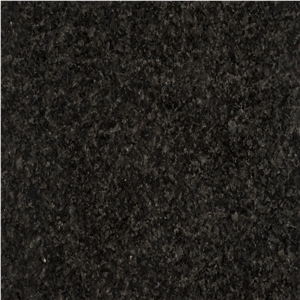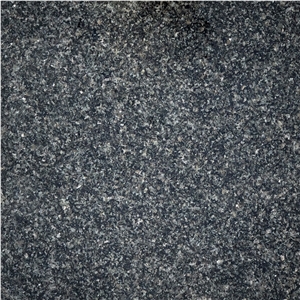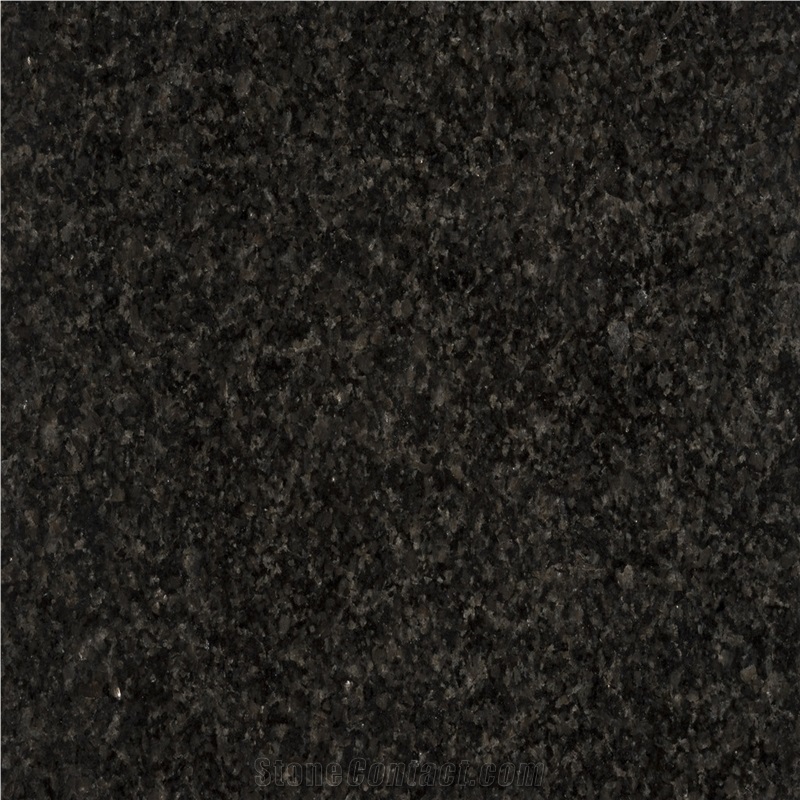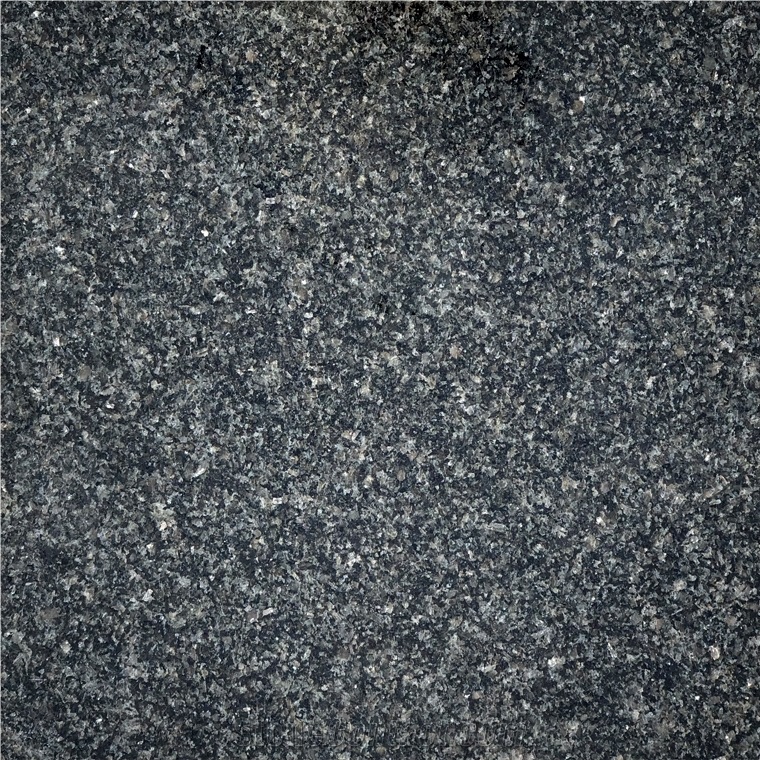Marikana Granite
 South Africa
(Bosspruit, Rustenburg, North-West)
South Africa
(Bosspruit, Rustenburg, North-West)
Marikana Granite is a features shades of dark grays and blacks with low variation in pattern durable granite quarried in South Africa. This stone is especially good for Interior, Exterior Construction stone, ornamental stone, mosaic, stairs, monuments, counter tops and other design projects. It also called Africa Impala Granite,Africa Nero Impala Granite,African Impala Granite,Black Impala Granite,Diorit Impala,Eagle Black Granite,Gabbro Impala,Granit Impala,Impala Black Granite,Impala Gabbro,Impala KM Granite,Impala Negro Granite,Impala Nero Granite,Impala-Granit,Jasberg Granite,Marikana Black Granite,Negro Impala Granito,Granito Negro Rustemburg,Granito Negro Sudafrica,Granito Nero Africa,Nero Africa Impala Granite,Nero Afrika Granite,Nero Afrika Impala Granite,Nero Impala Granite,Nero Impala Africa Granite . Marikana Granite can be processed into Polished, Honed, Aged, Sawn Cut, Sanded, Bushhammered, Tumbled and so on.

What is a laminated edge on Marikana Granite countertop?

What is the coefficient of friction of Flamed South Africa's Marikana Granite tiles?

Is it hard to keep Marikana Granite stair clean?

Can South Africa's Marikana Granite be used in a bathroom?

How can I polish Marikana Granite balustrades?

What grade is South Africa's Marikana Granite?

Do Marikana Granite headstones fade?

Can Marikana Granite be used for deck stair steps?

What is the most popular edge for Marikana Granite countertops?

How often do I need to seal Marikana Granite floor?

Is South Africa's Marikana Granite an expensive stone?

How thick is South Africa's Marikana Granite slabs?

Is Marikana Granite good for commercial flooring?

Can South Africa's Marikana Granite be used in landscaping?

Does Marikana Granite show scratches?

Can South Africa's Marikana Granite be used exterior applications in cold climates?

What is a pencil edge on a Marikana Granite countertop?

What edge makes Marikana Granite countertop look thicker?

How do I finish Marikana Granite countertop edges?

Are there color variations of South Africa's Marikana Granite?

Is Marikana Granite gravestone hard to maintain?

Is Marikana Granite good for bar countertops?

Can I change the edge of a Marikana Granite countertop?
-

 South Africa
South Africa
Contact Supplier
-

-

 South Africa
South Africa
Contact Supplier
-

 United States
United States
Contact Supplier
-

 Czech Republic
Czech Republic
Contact Supplier
-

-

 China
China
 8YRDiamond members are premium members on platform, providing members with comprehensive approach to promoting their products, increasing products exposure and investment return to maximize.
8YRDiamond members are premium members on platform, providing members with comprehensive approach to promoting their products, increasing products exposure and investment return to maximize.
 Verified Supplier is for prove company authenticity,including business license,trade license and effective office space,to enhance buyers' trust to suppliers and their products, reducing communication costs.
Verified Supplier is for prove company authenticity,including business license,trade license and effective office space,to enhance buyers' trust to suppliers and their products, reducing communication costs.
Contact Supplier
The request includes: 1. surface finished, size 2. quantity required









